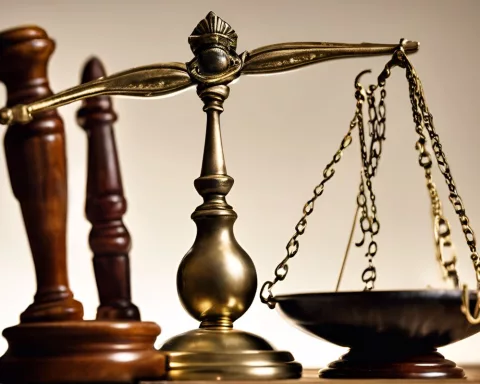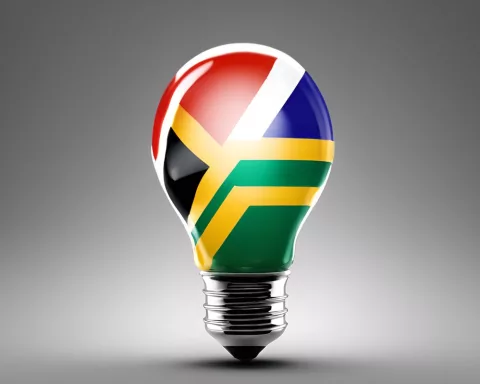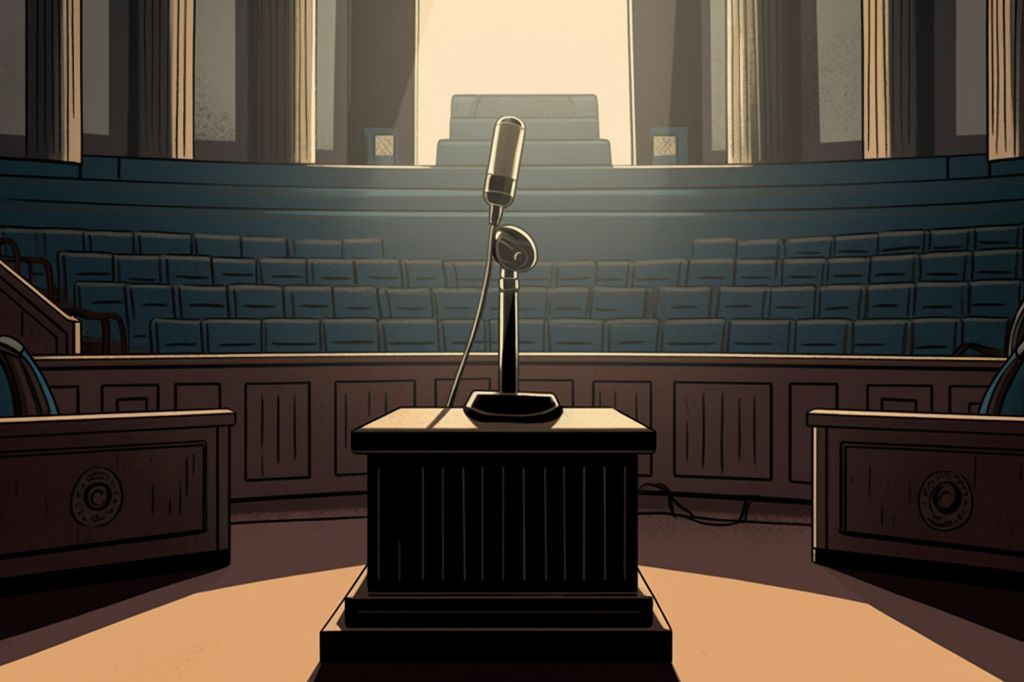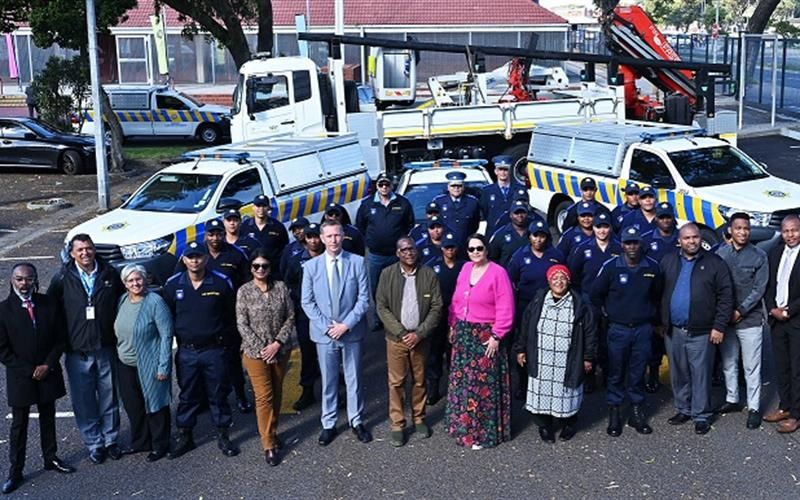The Electoral Reform Consultation Panel is a significant step towards refining and improving South Africa’s electoral process. This panel is composed of members who will play a vital role in investigating, consulting, reporting, and making recommendations for potential reforms for the National Assembly and provincial legislature elections. The panel members’ selection process ensures that they possess the necessary skills, knowledge, and experience required to perform the task effectively.
The Need for Electoral Reform
Improving the democratic process and the quality of governance is the primary reason for electoral reform. The public participation process is integral to the panel’s operations, ensuring inclusivity and diversity of perspectives. The government’s commitment to involving citizens in the nomination process highlights the importance of public participation in shaping the future of South Africa’s political landscape.
A Long-Term Mandate for Continuous Improvement
The Electoral Reform Consultation Panel’s mandate extends beyond the 2024 elections, ensuring that electoral reforms are continually evaluated and improved to maintain the highest standards of democracy. The panel’s recommendations will have a significant impact on the country’s political landscape, and it is essential that they are based on expert analysis and informed public engagement.
The Electoral Reform Consultation Panel is an essential initiative in refining South Africa’s electoral process. The panel’s members will be nominated through a public participation process, ensuring that they possess the necessary skills, knowledge, and experience to make informed recommendations for electoral reforms. The government’s commitment to public engagement emphasizes the importance of democratic values in shaping the country’s political landscape. With the panel’s long-term mandate, South Africa’s electoral process will continue to improve and maintain its high standards of democracy.











